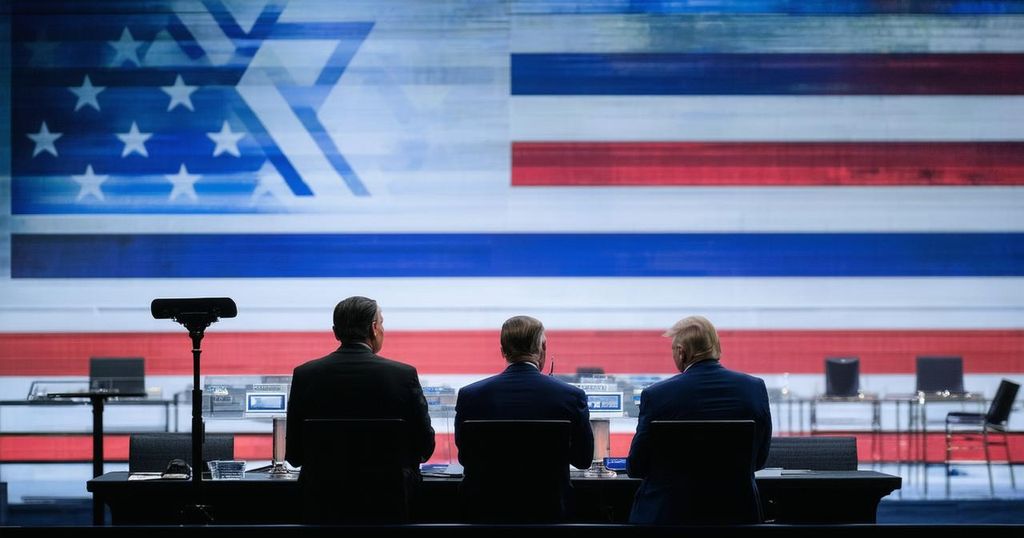Israeli leaders are closely observing the American electoral process, recognizing its critical influence on the country’s military strategies in the face of regional conflicts. Recent incidents, including rocket attacks from Hizbullah, underscore the urgency of these considerations. As Israel evaluates its approach to its adversaries, the outcome of the U.S. elections could have a profound effect on its strategic military direction.
The ongoing concern among Israel’s leadership regarding the upcoming American elections highlights a pivotal moment for their strategic direction amidst current regional conflicts. As recent events illustrate, Israel finds itself under persistent rocket attacks from Hizbullah, an Iran-backed militia, demonstrating the increasingly volatile security environment that politicians in Israel must navigate. In anticipation of the election outcomes, Israel is contemplating the potential implications on its military strategies, especially concerning its engagements with militant groups such as Hamas and Hizbullah. The results could dictate not only tactical decisions but also long-term security policies in the region. Secretary of State Antony Blinken’s recent trip to Israel underscores the importance of U.S.-Israel relations and the challenges they face, as even critical diplomatic missions are met with hostile actions, such as the rocket fire prior to his departure.
Israel’s leaders are closely monitoring developments in the United States, specifically the electoral process, as it holds significant implications for their national security strategy. The backdrop to these dynamics includes ongoing military tensions, particularly with militant groups that threaten Israel’s borders and safety. The relationship between the United States and Israel is historically significant, influencing decision-making processes on both sides, especially in times of heightened conflict. The interplay between domestic politics in America and foreign policy in Israel is currently in a delicate balance, as changing leadership in the U.S. could lead to shifts in support levels for Israel’s military actions against its adversaries.
In summary, Israel’s current military strategy is being refined with careful consideration of the outcomes of the American elections. The potential shifts in U.S. policy could either embolden or constrain Israel’s military operations against threats posed by groups like Hamas and Hizbullah. As the geopolitical landscape evolves, the intricacies of U.S.-Israel relations will continue to play a decisive role in shaping Israel’s strategic responses to ongoing conflicts.
Original Source: www.economist.com






